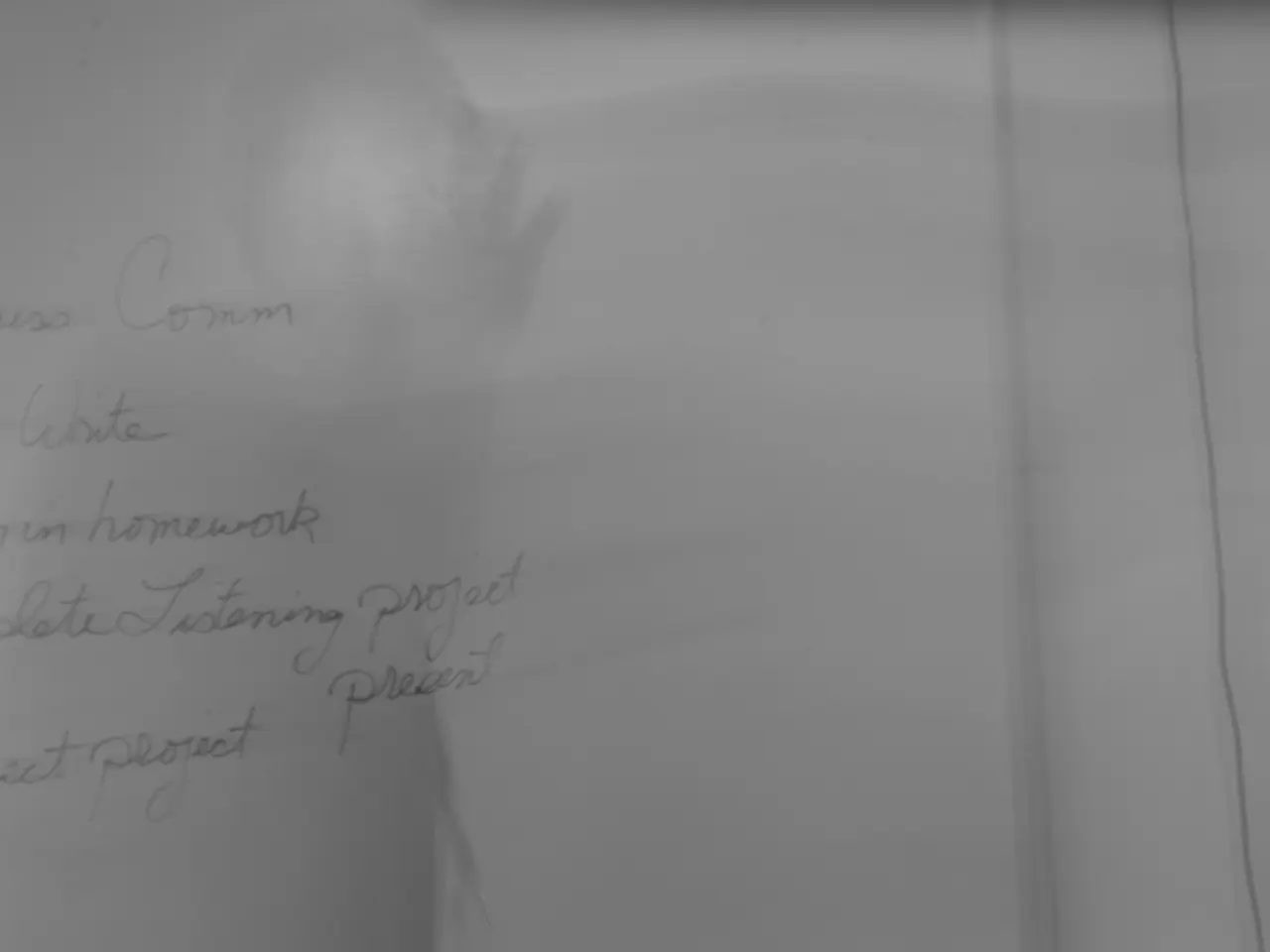Meyer Burger Goes Bankrupt: The Struggling Solar Company's Perilous Future
Burger Meyer Fights for American Future
In a stunning move, solar energy powerhouse Meyer Burger, with multiple sites across Germany, has filed for bankruptcy protection under Chapter 11 in the US. The firm is seeking a much-needed restructuring, and a spokesperson mentions that this isn't a liquidation plan.
Since the beginning of this month, the German branches have also initiated preliminary insolvency proceedings. According to an insolvency administrator spokesman, production levels have increased since the insolvency application, and sales of solar modules are doing quite well. International consultancy KPMG has been enlisted to find potential global investors. However, this process is still ongoing and requires time.
Meyer Burger initially intended to establish solar module production in the US and export cells from Bitterfeld-Wolfen, Saxony-Anhalt to the US. According to court documents, estimated liabilities in the US range between 500 million and 1 billion USD, while assets are projected between 100 and 500 million USD.
Financial and Operational Woes
Meyer Burger halted production at its US plant and dismissed 282 employees earlier this year. The company has been battling cheap Chinese imports and suffered a substantial blow when its key customer, D.E. Shaw Renewable Investments, canceled a contract in November.
Bumpy Road Ahead
After announcing the closure of their Saxon site in Freiberg, Meyer Burger pinned their hopes on the US, stating that there were insufficient state aids in Europe. However, these plans were abandoned in August because they weren't financially feasible. Instead, the company aimed to recover with an extensive restructuring.
Source: ntv.de, jki/dpa
- Solar Energy
- Solar Industry
- USA
Key Insights:- The solar industry is facing significant implications with Meyer Burger's dire financial situation.- Meyer Burger's Chapter 11 filing reflects severe liquidity issues, operational setbacks, and stiff global competition, primarily from Asian manufacturers.- The company's U.S. operations faced crippling cost overruns, delays, and the cancellation of critical contracts, leading to substantial liabilities and financial distress.- Despite the U.S. government's support through the Inflation Reduction Act, the high capital expenditure, and reliance on costly proprietary technology proved unsustainable in the market dominated by Asian competitors.- The bankruptcy could slow innovation adoption in heterojunction technology, reinforce existing market dominance by cost-focused manufacturers, or create opportunities for reshaping the industry through strategic buyer and creditor actions.
- The bankruptcy of Meyer Burger, a prominent player in the solar industry, highlights the challenges faced by its US operations, particularly amidst stiff competition from Asian manufacturers.
- Finnancial difficulties, liquidity issues, and cost overruns have led to Meyer Burger's Chapter 11 filing, potentially impacting the adoption of solar energy technology and reshaping the solar industry landscape.




